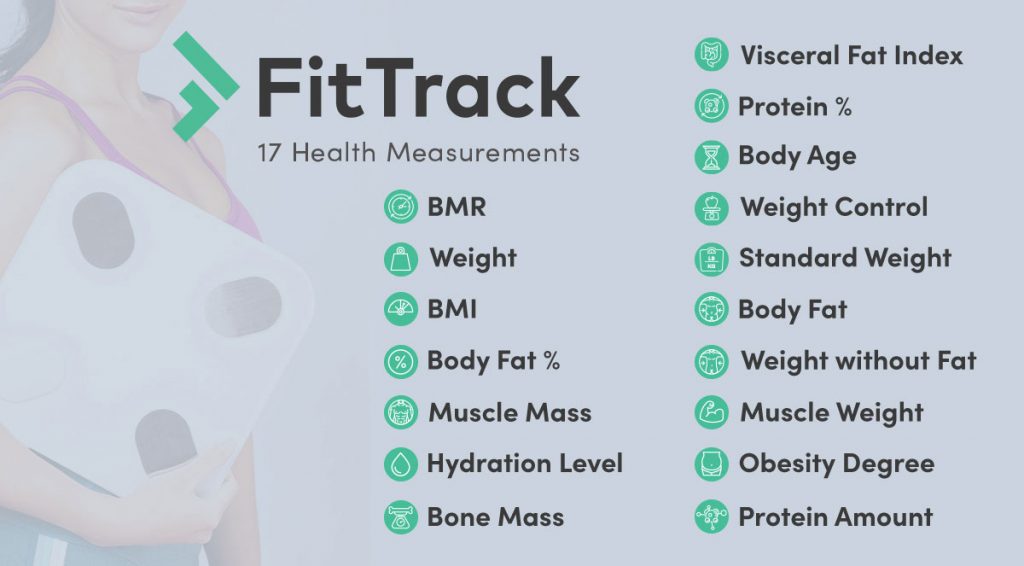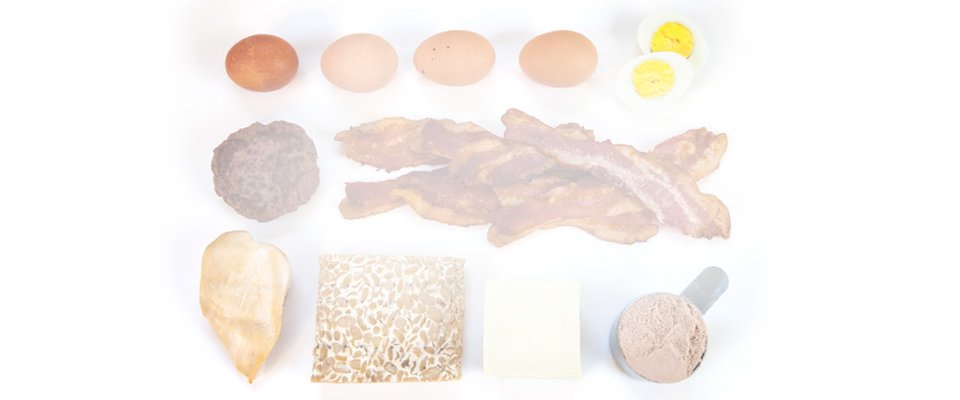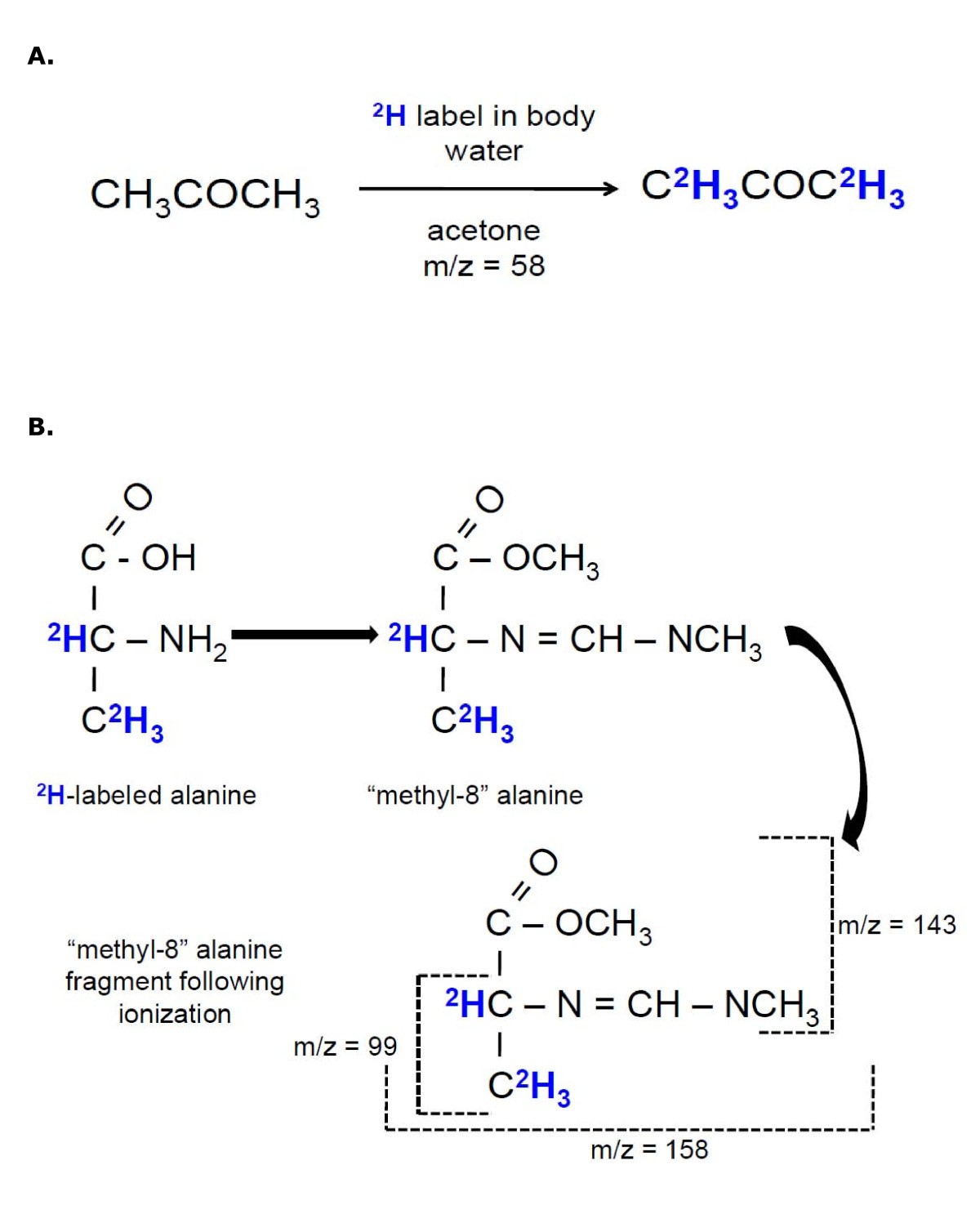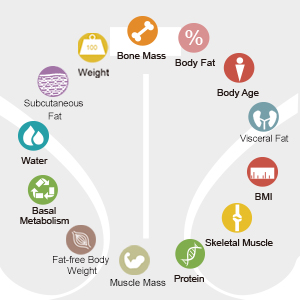
Protein Body Measurement
What is a protein s measurement. As you digest protein your body breaks it down into individual amino acids. Buckwheat hummus and pita soy products tofu tempeh edamame beans peanut butter on toast or some other bread beans and rice quinoa hemp and chia seeds spirulina. People who eat higher amounts of protein have an easier time maintaining a healthy weight. Total protein tests measure the amount of protein in a persons urine or blood. A person can easily.
You simply step on the scale and the tool measures both your body weight and your estimated fat percentage. Your bloods ability to clot is. Protein s is one of the many vital proteins in the human body. The current recommended daily allowance for adults is 08 grams per kilogram of an individuals body mass or 036 grams per pound of body weight. In this article we discuss the total protein test including its uses normal protein levels and what abnormal. Albumin and globulin are two types of protein in your body.
It plays a large role in controlling your blood clotting process. Generally however the 20152020 dietary guidelines for americans suggest that males over the age of 18 consume 56 grams g of protein per day and that females consume 46 g. Its used as part of your routine health checkup. The amount of protein you need depends on your weight goals and lifestyle. The daily minimum recommended by the national institutes of health is 036 grams per pound for a sedentary person1 the daily minimum recommended by the national institutes of health is 036 grams per pound for a sedentary person1. So you can easily maintain a healthy weight or assist with weight loss efforts by adopting a protein rich diet.
Other scientists have estimated the protein needs to be a minimum of 07. A common recommendation for gaining muscle is 1 gram of protein per pound of body weight or 22 grams of protein per kg. The total protein test measures the total amount albumin and globulin in your body. Such scales work with the help of sensors underneath. Body fat scales are easy to use.
Random Post
- lady gaga body measurement
- body measurement golden ratio
- rakshita body measurement
- paulina vega body measurement
- tympanic measurement of body temperature
- megha akash body measurement
- body measurements garment
- you should consider body measurement as a comparative
- chest wall measurement bra
- stephanie abrams body measurement
- bmi calculator based on body measurements
- blouse body measurements in telugu
- simple body measurement chart
- average 9 year old body measurements
- body measurement chart for knitting
- sushmita sen body measurement
- body measurement django
- jessica lucas body measurement
- body measurement maggie q
- body measurement female
- tsunade body measurement
- history of body temperature measurement
- julie bowen body measurement
- ben affleck body measurements
- mackenzie davis body measurements
- alicia vikander body measurement
- brendon mccullum body measurement
- top hourglass body shape measurements
- actress meena body measurements
- padma lakshmi body measurement
- tika sumpter body measurement
- ruhi singh body measurement
- body density measurement
- barbie body measurement
- xenia tchoumitcheva body measurements
- athletic body measurements
- body measurement image
- what are the body measurements of a model
- ashna zaveri body measurements
- apex body measurements
- katrina law body measurement
- jolin tsai body measurement
- sanjeeda sheikh body measurement
- natasha assadi body measurements
- bra measurements at home
- nidhi agarwal body measurement
- age body measurement
- body length measurement jacket
- divya khosla kumar body measurement
- vanessa ray body measurement






































